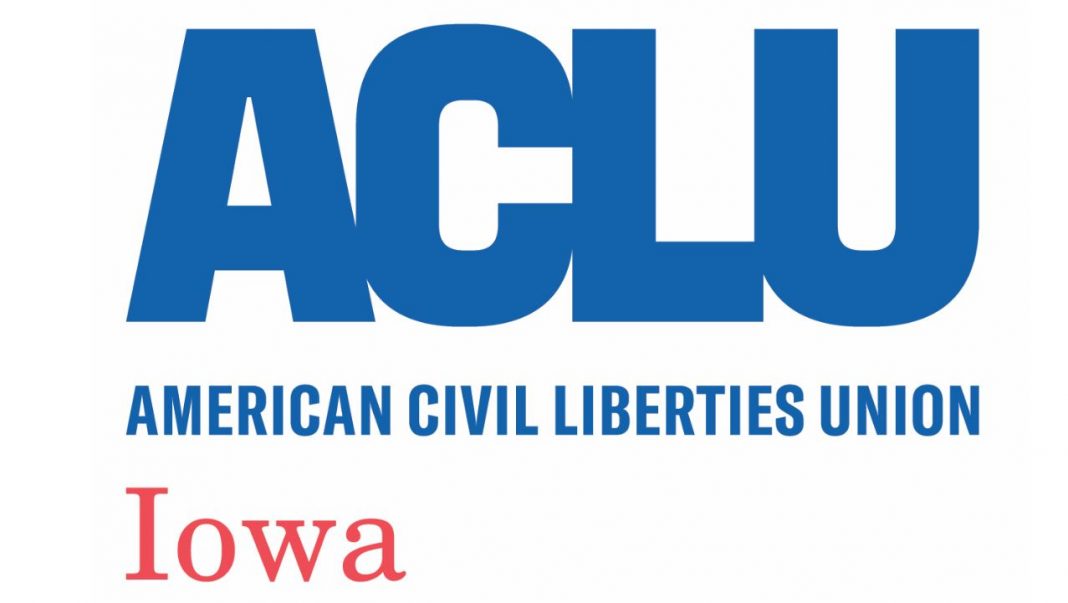A Black person in Iowa is 7.3 times more likely to be arrested than a white person for marijuana possession, even though both groups use marijuana at about the same rate, a national ACLU study of law enforcement data has found.
Iowa ranked the fifth-worst in the nation in racial disparities for marijuana arrests, even as other states are decriminalizing or legalizing marijuana. Only Montana, Kentucky, Illinois, and West Virginia had worse racial disparities. On average nationally, a Black person is 3.64 times more likely to be arrested.
“This shameful statistic shows that it’s urgent that Iowa reform our criminal laws and policing practices. The data reflects ongoing systemic discrimination against Black people in Iowa, an outrageous violation of equal protection under our Constitution,” said ACLU of Iowa Executive Director Mark Stringer.
In 2013, in a similar ACLU national study, Iowa was ranked dead last in the nation in racial disparities for marijuana possession, with Black people being 8 times more likely to be arrested than a white person.
“This is unacceptable,” said Stringer. “Other states are decriminalizing and legalizing marijuana, and our state needs to move toward doing the same.”
Currently, 11 states have fully legalized marijuana and another 15 have decriminalized possession.
Key findings of the report include:
- In 2018, Black people in Iowa were arrested at a rate of 776 per 100,000 of the Black general population compared to just 107 per 100,000 of the white general population.
- A number of Iowa counties have even more disturbingly high racial disparity rates:
- In Pottawattamie County, a Black person is more than 17 times more likely to be arrested.
- In Dubuque County, a Black person is more than 13 times more likely to be arrested.
- In Scott County, nearly 13 times more likely.
- In Cerro Gordo County, more than 11 times more likely.
- In Linn County, nearly 10 times more likely.
- Data for many other Iowa counties can be found here.
Nationally, the total number of people arrested for marijuana possession has decreased in the past decade. But law enforcement still made 6.1 million such arrests over that period, and the racial disparities in arrest rates remain in every state.
Marijuana possession arrests are the major driver of drug arrests in Iowa, making up 55 percent of all drug arrests.
Approximately 4 percent of Iowans are Black. But Iowa consistently has one of the highest rates in the nation for locking up Black people, with a Black person in Iowa being 11 times more likely to be incarcerated.
Studies such as the ACLU report indicate that these disparities are not occurring because people of color commit more crimes. Instead, other factors are the driving force behind the disparities, including overpolicing of Black communities and communities of color, implicit bias in law enforcement, racial profiling, and poverty.
The report, “A Tale of Two Countries: Racially Targeted Arrests in the Era of Marijuana Reform,” details marijuana possession arrests from 2010 to 2018 and updates our previous national report published in 2013, “The War on Marijuana in Black and White.”
Although criminalization of marijuana has been largely targeted at Latinx and Black people, the FBI data used for this report does not categorize Latinx arrests as part of a racial group. Also, a number of Iowa counties had missing data (see page 64 of the report).
“This report makes it clear that Iowa should move toward legalizing marijuana,” said Stringer. “Iowa’s marijuana laws are simply driving more incarceration, which has a disproportionate, ripple effect in Black communities. It affects so many areas, including job loss, housing loss, financial aid eligibility problems, child custody issues, and more. It’s time to end our state’s unfair and unjust marijuana prohibition.”
See page 64 of the report for a snapshot of Iowa data.












